The fact that literature, though culture-bound and period-based, has a universal and timeless appeal implies that there is something in a literary work, which, for lack of any better term, may be called literary universal that transcends time and space across lands and cultures. The speculations of the aestheticians of the west and of India, about the locus of literariness or what constitutes literariness, though in all probability developed independently, have many ideas in common. The book explores the affinities and differences between the western literary theories and the Indian literary theories through a study of the correspondences between Alamkara and the rhetorical school; Indian theory of guna and dosa, in Kavyasarira, and stylistics and the western theory of form; Vakrokti and oblique poetry; Svabhavokti and statement poetry; aucitya and decorum; dhvani and suggestion; Rasa and pleasure. Indian theory of Sphota and Derrida’s theory of Ecriture; the idea of imitation in Bharata and Aristotle, and concludes that compared with the Indian poetics the western poetics is perfunctory in spite of occasional bright and insightful flashes that we find in Aristotle, Coleridge, Croce or Mallarme for that matter.
Studies in Commonwealth Literature
$36.00
$40.00

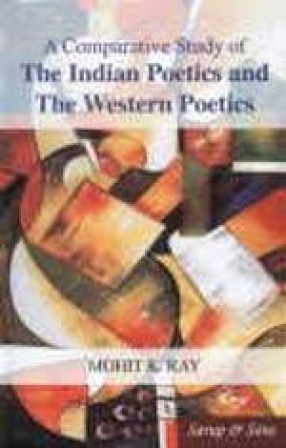
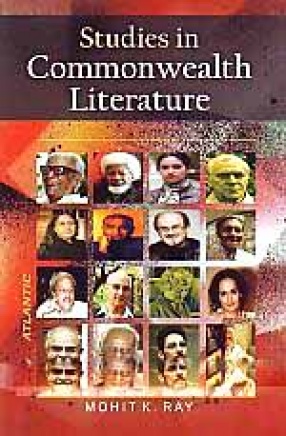
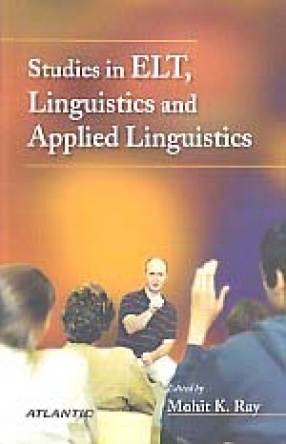
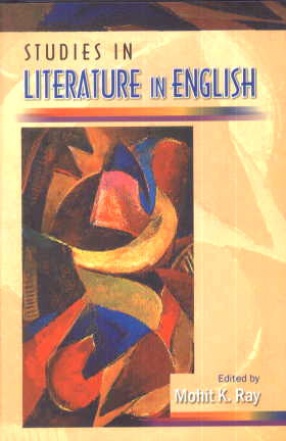
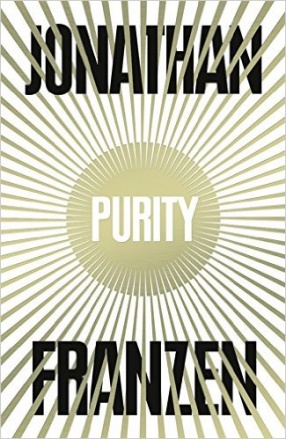

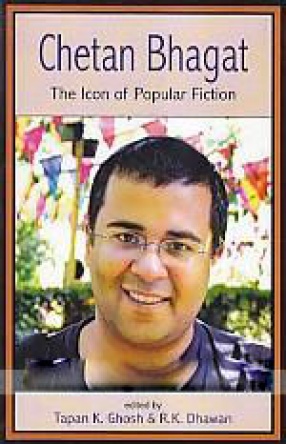
There are no reviews yet.